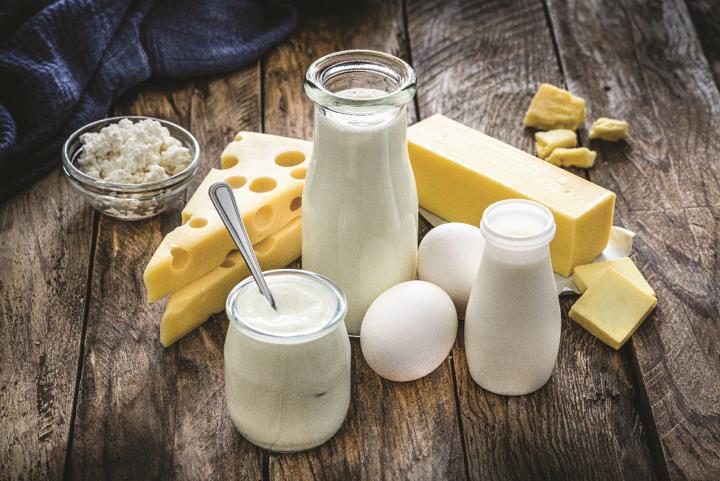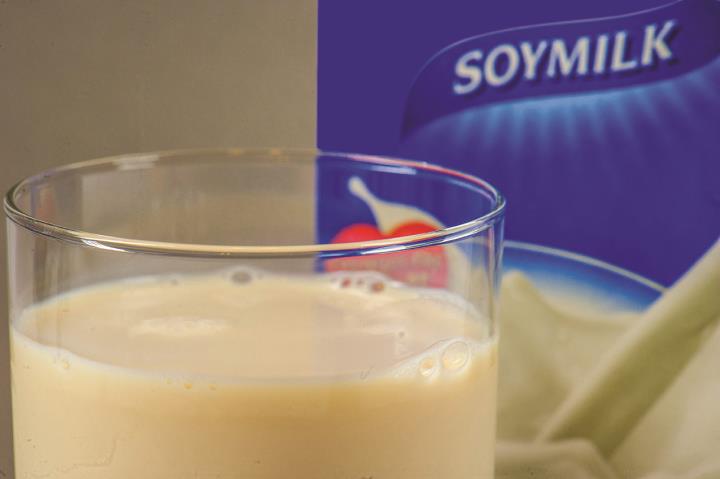May 29, 2025

- Bone Health: Dairy is a top source of calcium, essential for strong bones. Studies show it improves bone density and lowers fracture risk, especially when combined with calcium-rich greens and legumes.
- Vitamin D Boost: Around a billion people worldwide are vitamin D deficient. Dairy products are often fortified with vitamin D, which helps the body absorb calcium for optimal bone health.
- Energy & Satiety: Dairy provides high-quality protein and amino acids, helping to curb hunger, sustain energy, and aid fitness and weight management.
- Gut Health: Fermented dairy products like yogurt and kefir introduce beneficial bacteria, promoting digestion and a balanced gut microbiota.
- Immune Support: Dairy contains essential nutrients, including vitamin A, zinc, and selenium, which strengthen immunity and support tissue repair.
For better health, opt for low-fat or non-fat dairy to reduce saturated fat intake, as excess consumption can raise LDL cholesterol and heart disease risk. Harvard Health suggests limiting saturated fat to 20 grams per day in a 2,000-calorie diet. Prioritizing dairy can help maintain overall wellness, bone strength, and immune resilience.
Dairy isn’t the right fit for everyone. Luckily, a variety of alternatives make it easy to enjoy dairy-free options without sacrificing taste or texture.

- Milk Alternatives: Soy, oat, almond, rice, coconut, cashew, and flaxseed milks work well in smoothies, cereals, and baked goods.
- Yogurt Substitutes: Coconut and soy-based yogurts mimic the creamy texture of traditional varieties.
- Butter Replacements: Plant-based butters are widely available, while coconut, olive, and avocado oils serve as cooking alternatives.
- Cheese Alternatives: Plant-based cheeses, nutritional yeast, and pea-protein-based options provide dairy-free ways to enjoy familiar flavors.
Dairy-free options allow those with allergies, intolerances, or dietary preferences to enjoy their favorite foods without compromise.








